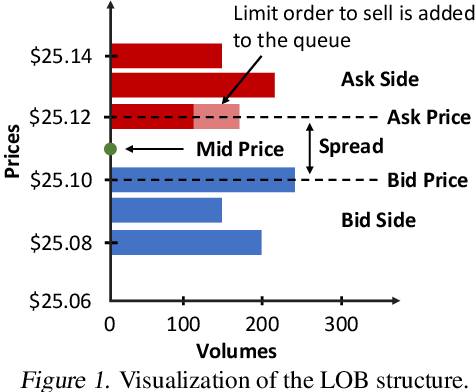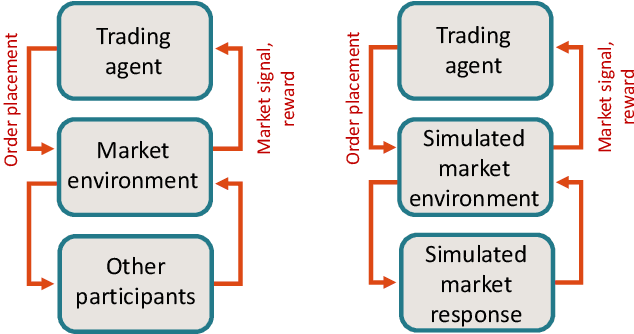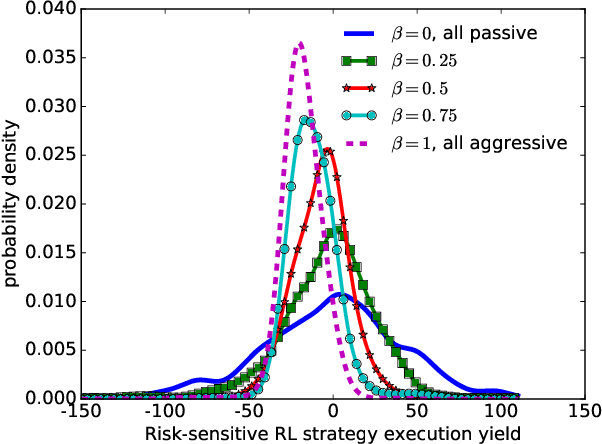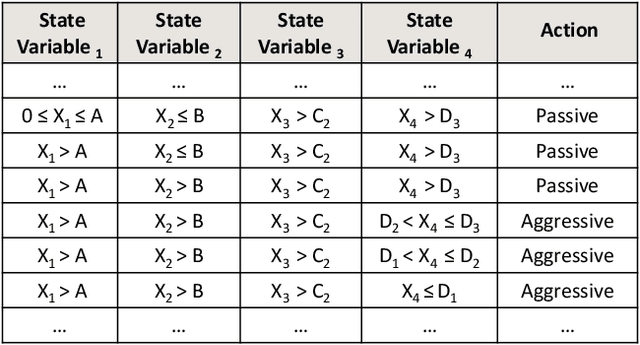Risk-Sensitive Compact Decision Trees for Autonomous Execution in Presence of Simulated Market Response
Paper and Code
Jun 05, 2019



We demonstrate an application of risk-sensitive reinforcement learning to optimizing execution in limit order book markets. We represent taking order execution decisions based on limit order book knowledge by a Markov Decision Process; and train a trading agent in a market simulator, which emulates multi-agent interaction by synthesizing market response to our agent's execution decisions from historical data. Due to market impact, executing high volume orders can incur significant cost. We learn trading signals from market microstructure in presence of simulated market response and derive explainable decision-tree-based execution policies using risk-sensitive Q-learning to minimize execution cost subject to constraints on cost variance.
* Proceedings of the 36th International Conference on Machine
Learning,Long Beach, California, 2019
 Add to Chrome
Add to Chrome Add to Firefox
Add to Firefox Add to Edge
Add to Edge